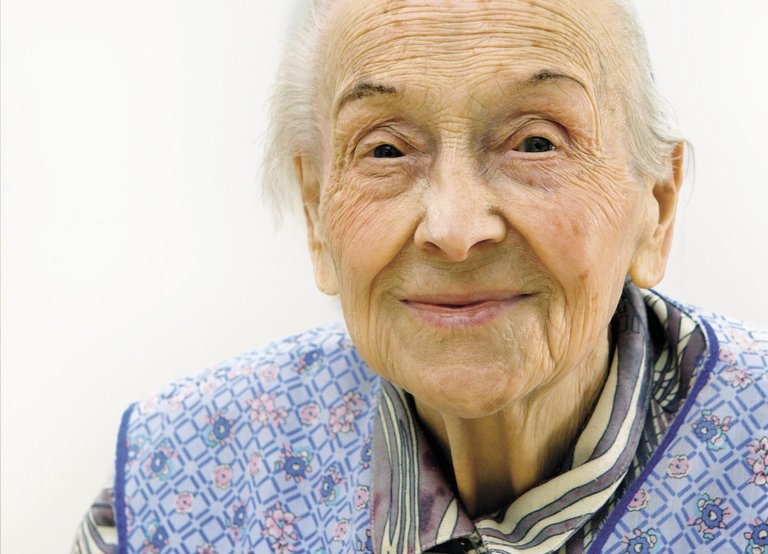The paradox of the elderly
Posted in Berria on April 19, 2020

Around COVID-19, contradictions and paradoxes are emerging almost permanently. Measures and standards to protect the health of older people are a clear example. It is known that the SARS-CoV-2 virus especially affects older people. Some of its causes are biological: as age progresses the ability to know and resist pathogenic immune systems is losing. That is why the health authorities have asked that social withdrawal be strictly involved to prevent them from becoming infected.
But not only for biological reasons, but also for social reasons, they have a great influence on the severity of the disease. Just remember a fact contained in the BERRIA newspaper on Friday to realize: Almost half of those killed in Hego Euskal Herria by COVID-19 came from residences.
As evidenced in other groups (with physical or psychic diversity, with economic problems, with macho violence...) the problem has not arisen now, already existed, and the management of covid-19 has emerged and increased. This has been confirmed by studies carried out by the Public University of Navarra, the University of the Basque Country and Mondragon Unibertsitatea, according to which among the elderly there has been an increase in anxiety, feeling of loneliness and fear due to confinement.
The medical journal The Lancet has also collected these findings in its article on the influence of social alienation on older people. He explains that the inability to exercise outside the home is an important risk factor in depression and other psychic alterations.
The same article also warns of the physical damage caused by lack of exercise. Remember the recommendations of the World Health Organization: 150 minutes of gentle physical exercise a week or 75 minutes more intense. He specifies that, from the age of sixty, the risk of all-cause mortality is reduced by 22% if physical exercise is performed, even below what is recommended by the WHO. It also mentions other benefits such as improving agility, coordination and flexibility in mobility and daily activities, maintaining adequate weight and preventing falls.
On the other hand, older people do not have the same resources and facilities as other population groups to address the social alienation and sedentary lifestyle of confinement. In addition, they stress that COVID-19 has brought another variable, which was not in other previous studies on loneliness: uncertainty.
And nobody knows how the pandemic will evolve, to a lesser extent, or how long the orders of social alienation will last. However, authorities have suggested that confinement can be prolonged for older people.
Faced with this situation, the article proposes three measures to mitigate the effects of isolation. First, offer through television, radio and internet tips to take care of psychic and physical health (exercise and diet), as well as guidelines for the use of digital resources to interact with friends and family. In addition, channeling the assistance of health personnel at the personal level and, finally, care and accompaniment through volunteering.
In part they have been launched. For example, ETB1 Adinberri has started giving a session to work on the physical and emotional well-being of older people, and one of the priorities of the solidarity networks that have been created in the villages and neighborhoods are the elderly. But it is clear that it is not enough. The rational flexibility of confinement would greatly facilitate better care for older people so that what would be needed for the good would not be counterproductive.
Buletina
Bidali zure helbide elektronikoa eta jaso asteroko buletina zure sarrera-ontzian











